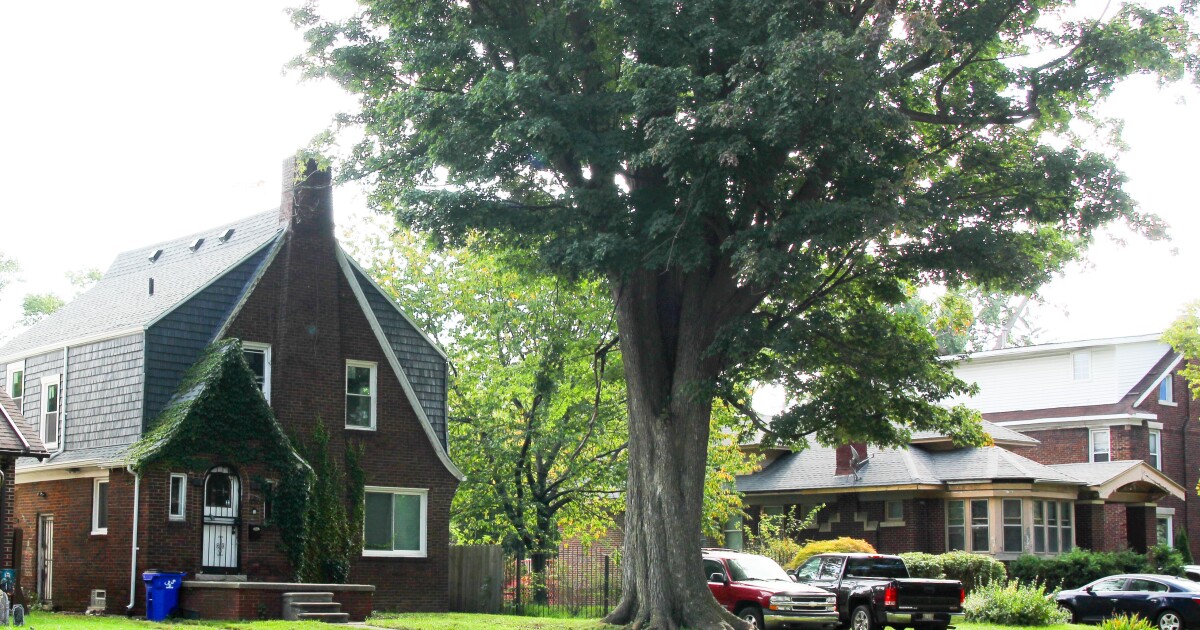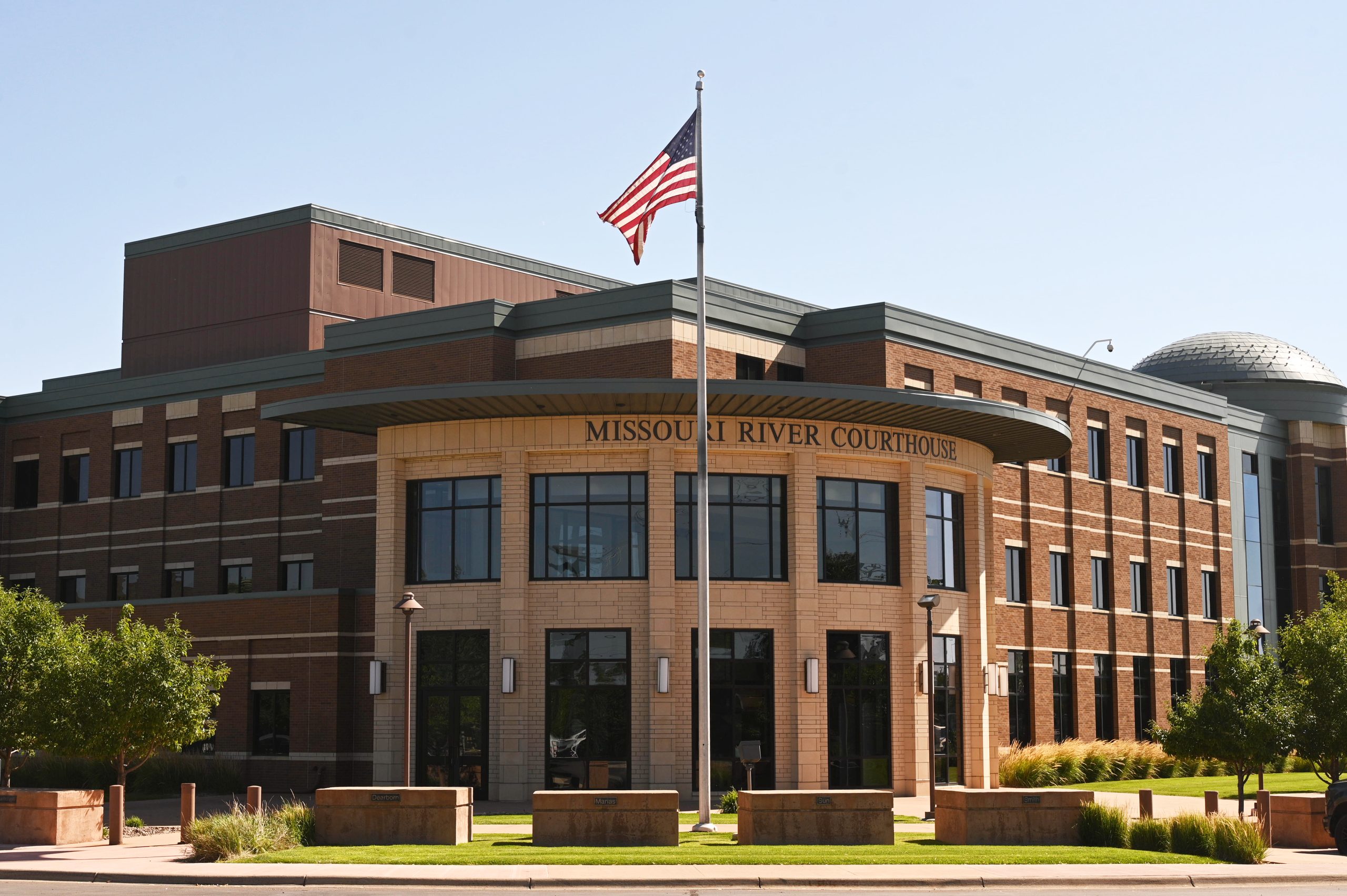Michigan Strengthens Hate Crime Legislation
In a significant legislative move, Governor Gretchen Whitmer has enacted two bills significantly broadening the scope of hate crime laws in Michigan. This newly signed Michigan Hate Crime Act aims to provide more comprehensive protections by including offenses motivated by sex, sexual orientation, gender identity, age, and physical or mental disabilities. Alongside expanding definitions, the act also imposes steeper penalties for hate crimes.
These new measures enhance the existing 1988 Ethnic Intimidation Law, which previously covered crimes based on race, religion, gender, and national origin. The updated law continues to protect these attributes while expanding its reach to cover more aspects of identity.
The legislative journey began in June 2023 when the Michigan House of Representatives introduced the bills. However, following viral misinformation claiming the legislation would criminalize misgendering, the bills were revised. The updated version received approval from the House in November 2024 and from the Senate in December 2024, predominantly along party lines, with Democrats in support.
Set to take effect on April 2, the Michigan Hate Crime Act comprises House Bill 5400 and House Bill 5401. The former outlines hate crime classifications and penalties, while the latter revises and consolidates related legal procedures.
According to Michigan’s definition of a hate crime, it is a crime driven by prejudice, hate, or bias. The act criminalizes actions like violence, stalking, and property damage when motivated by any of the protected characteristics.
Enhanced Penalties for Hate Crimes
The act introduces harsher penalties for hate crimes. First-time offenders face up to two years in prison, fines up to $5,000, or both. More severe punishments, including up to five years in prison and $10,000 in fines, are reserved for repeat offenders or those involving minors or dangerous weapons.
State Representative Noah Arbit, who sponsored the bills, emphasized the community-wide impact of hate crimes, stating, “Hate crime impacts an entire community.”
Representative Kristian Grant, co-sponsor, highlighted the necessity of updating the law to address modern-day discrimination. “We have more understanding of certain discrimination since the 80s,” Grant noted. “It’s not just a slap on the wrist.”
Michigan Attorney General Dana Nessel also supported the updates, indicating the insufficiency of previous laws in deterring hate crimes, especially as their rates have been increasing.
Arbit expressed confidence that the new act positions Michigan as a leader in hate crime legislation, having drawn insights from various state laws to create what he considers a “gold standard” statute.
Representative Grant recounted local cases illustrating the need for these changes, including one involving an African-American woman subjected to intimidation with Ku Klux Klan paraphernalia, underscoring the previous inadequacies in protecting marginalized communities.
—
Read More Michigan News










